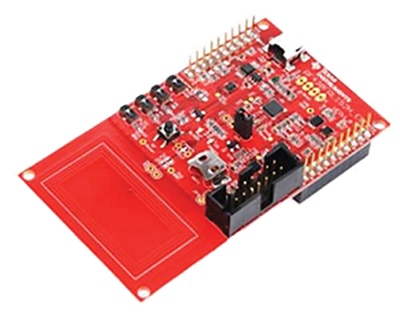NFC Standard Versus ISO 15693
Contributo di DigiKey
2016-09-21
NFC is a subset of RFID technology operating in the HF (13.56 MHz) band. Unlike earlier RFID technology, NFC was designed specifically for applications such as contactless payment that require higher levels of security and larger amounts of data to be exchanged. Because of this, the NFC specification allows devices to communicate in an ad-hoc fashion in addition to the reader/writer setup employed by traditional RFID. NFC also takes advantage of the limited communication range of this band as a security feature to limit the possibility of eavesdropping and thus typically operates at distances of 10 cm or less. To ensure effective communication, each NFC device must adhere to a data format known as NDEF, the NFC Data Exchange Format.
There are several different standards for RFID and NFC tags that specify the modulation type, maximum read distance and data rate of the tags. In addition, the standards will also typically have a series of supported standard commands to ensure functionality between compliant readers and tags. One of the more common standards is ISO 15693.
ISO 15693 is the standard for vicinity tags. This standard specifies that tags operate at 13.56 MHz and have a maximum read distance of 1 meter (3.3 ft.). Since ISO 15693 allows for a greater read range than 10 cm, it technically doesn't adhere to the NFC spec. However, the NFC spec does support ISO 15693 tags that are formatted according to the NDEF format. In addition, many (but not all) NFC compliant devices also have the ability to interface with ISO 15693 tags that are not NDEF compliant. Thus, it is important to practice due diligence when selecting parts for an ISO 15693 system.

Figure 1: Texas Instruments’ RF430FRL152HEVM evaluation board.

Esonero della responsabilità: le opinioni, le convinzioni e i punti di vista espressi dai vari autori e/o dai partecipanti al forum su questo sito Web non riflettono necessariamente le opinioni, le convinzioni e i punti di vista di DigiKey o le sue politiche.






